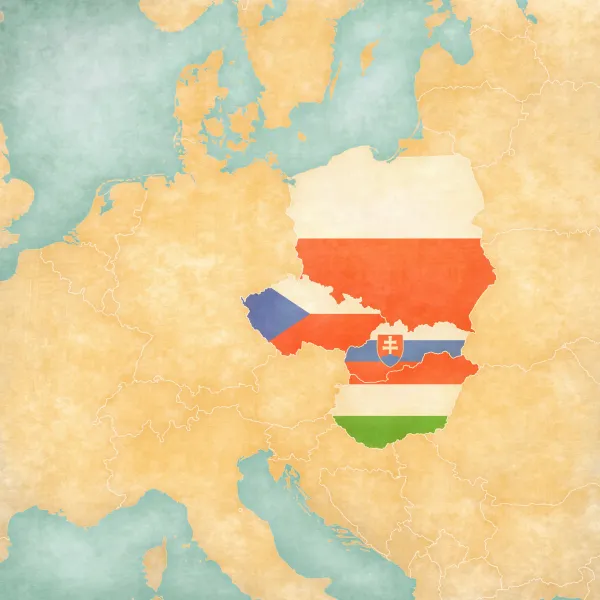
V4: the presidential summit did not bring a renaissance
The presidents of the V4 countries gathered in Esztergom —but the differing views on Russian aggression undermines regional unity.
A collection of 158 posts

The presidents of the V4 countries gathered in Esztergom —but the differing views on Russian aggression undermines regional unity.

Serbia failed to remove Russian capital from NIS despite extensions; leaving its refinery unlicensed and oil reserves secure only until year-end.
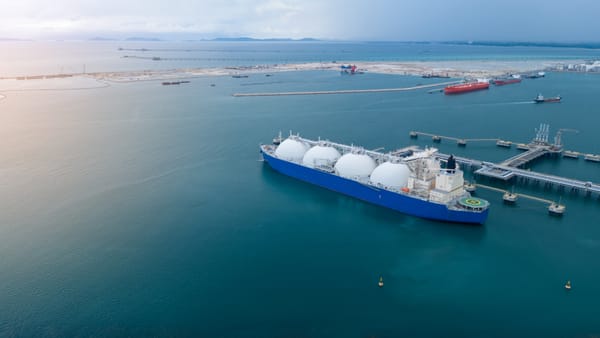
The Neptun Deep project is viewed as a pivotal opportunity for Romania's economy and energy independence.
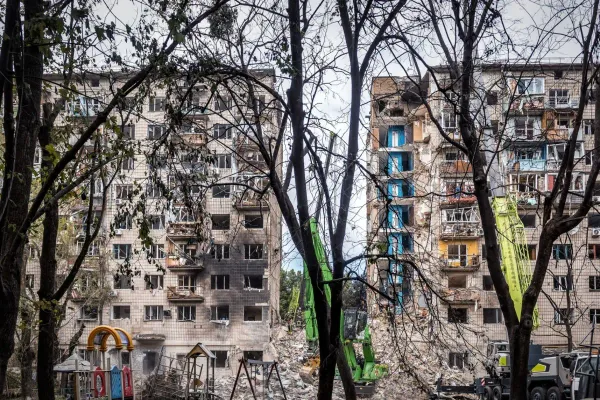
Public attitudes toward the war in Ukraine vary highly and have shifted significantly across the CEE region.
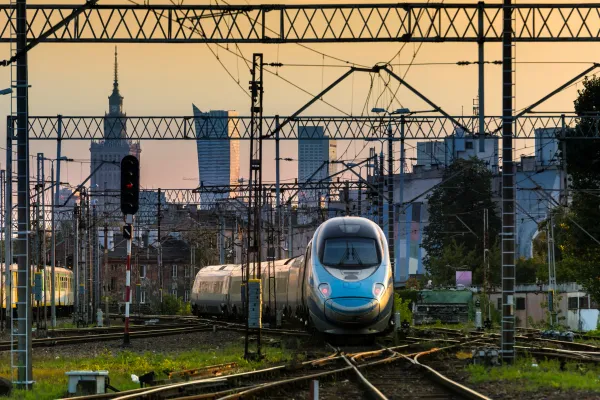
Polish police have made another arrest in connection with a serious railway sabotage case.

More and more migrants enter the EU via its northeast border, making Poland a buffer against Moscow’s politically driven bid to destabilize Europe.
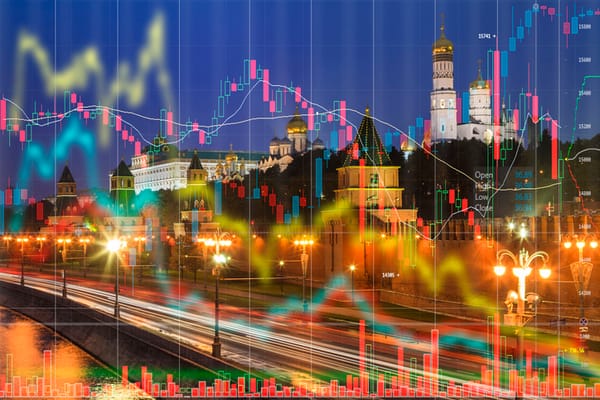
As the EU tightens sanctions on Russia, Central European states display contrasting political stances rooted in their priorities and capacities.
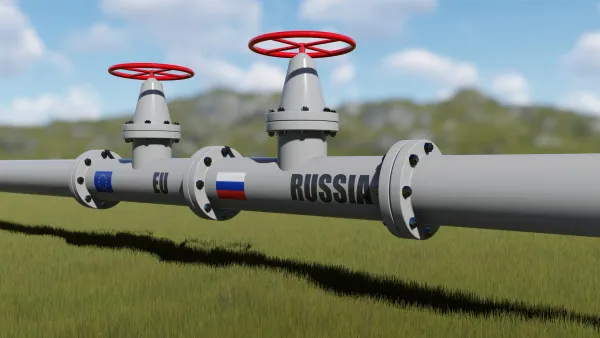
The Central and Eastern European oil market is entering a new era as a result of the US measures aimed at restricting Russian crude exports.
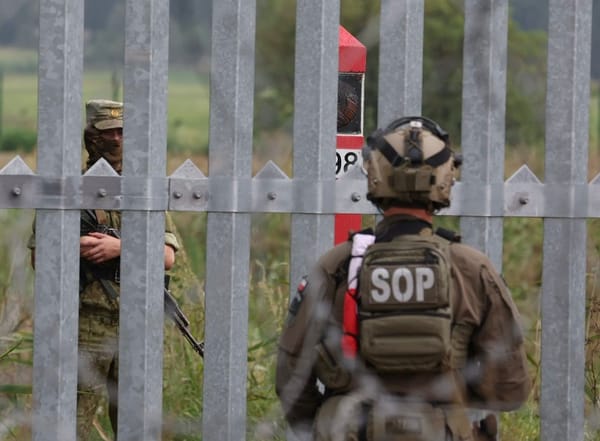
Von der Leyen's visits to frontline NATO states aims to deliver a message of solidarity while boosting Europe’s defence capacity, promoting joint procurement and galvanising industrial support through the EU’s SAFE mechanism.
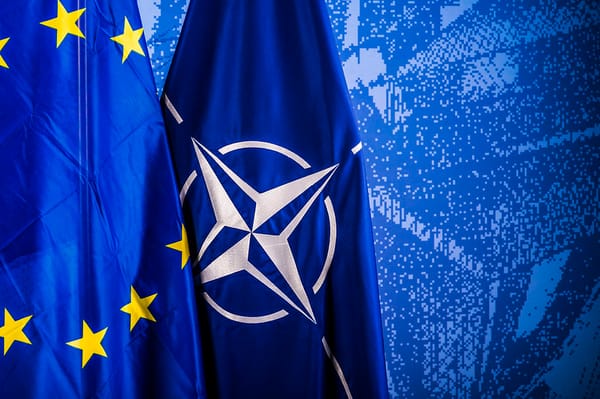
The alliance’s biggest spenders are all on the Eastern flank and neighbouring Russia, with Poland leading the pack (4.48%) ahead of Lithuania (4.0%), Latvia (3.73%), and Estonia (3.38%). The US is sixth at 3.22% of GDP.
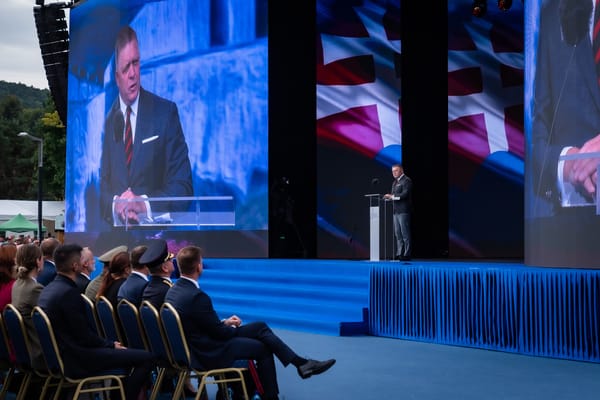
Fico’s Moscow visit and rhetoric at the recent commemoration have deepened tensions with Brussels over his approach to Russia. The forthcoming Beijing trip highlights his efforts to expand ties with China.
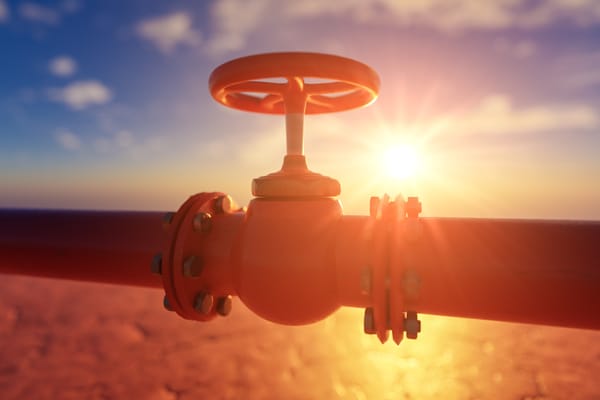
Ukrainian drones have struck at least 10 key Russian energy facilities this month alone, according to US news channel CNN. Attacks on 12, 17 and 21-22 August all targeted Druzhba's same pipeline’s southern leg.
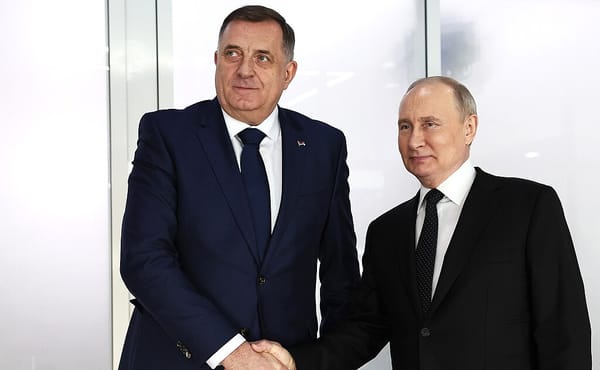
Dodik, once seen as a moderate reformer, has shifted over two decades into a hardline nationalist who consistently tests BiH's post-war settlement.

Like other strategic CRM efforts across Central and Eastern Europe, Chvaletice is emblematic of the policy-delivery gap haunting the bloc’s transition ambitions.
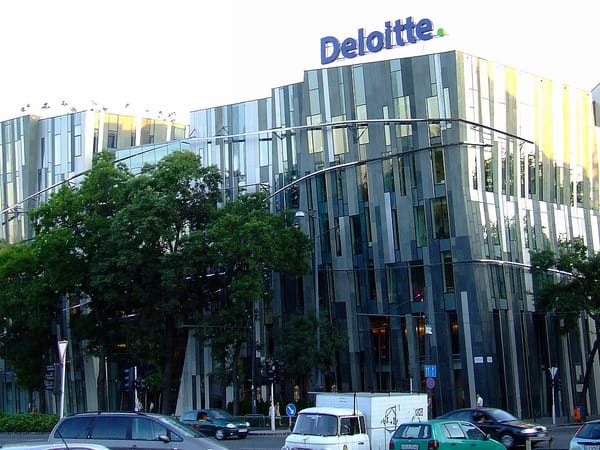
“For Europe, analysis of the historical data shows that a 1% drop in geopolitical alignment is associated with a corresponding 1% decline in trade intensity,” Deloitte observed.